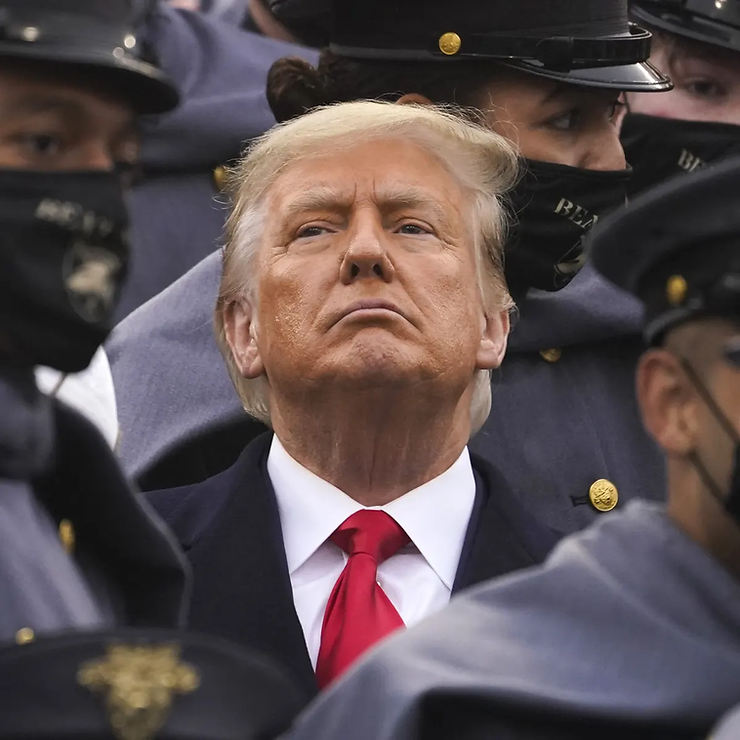By: Brayden Yin
Due to the fact that the January 6th Committee in Congress has been conducting public hearings during June, viewers have many questions concerning Former President Trump’s possible criminal activity connected to his response to the 2020 presidential election. Trump has released a 12-page response to the Committee. On each page, Trump has detailed claims that the 2020 election was “stolen” from him. The response explains why Trump believes he had—and still has—the right to challenge the election results.
Should the Justice Department decide to prosecute Trump, they will face many challenges. Daniel D. Zelenko is a white-collar defense lawyer, and he says, “The problem with Trump is that you have to try and get inside his mind, and he has such a history of lying and pushing falsehoods that it makes it difficult to determine what he really believes.” Trump definitely has a history of altering facts to his advantage. This will make prosecuting him very hard, as it is difficult to sort out any grains of truth from among Trump’s exaggerations and outright lies.
Samuel W. Buell, a law professor at Duke University, says that the first step in starting any criminal case against Trump is to start by establishing that he was and is aware that his response to the election was improper. Buell says that a criminal case will not work unless Trump was thinking something like this: “What I’m doing is a crime. I know I don’t have a legal argument; I know I’ve lost the election, but I’m going ahead anyhow with false claims and an illegal scheme to overturn the election.”
Despite overwhelming evidence that Trump broke U.S. laws, any Justice Department prosecution would still face an uphill battle in sorting out the truth from Trump’s version of events.
Link: https://www.nytimes.com/2022/06/18/us/politics/trump-jan-6-legal-defense.html











